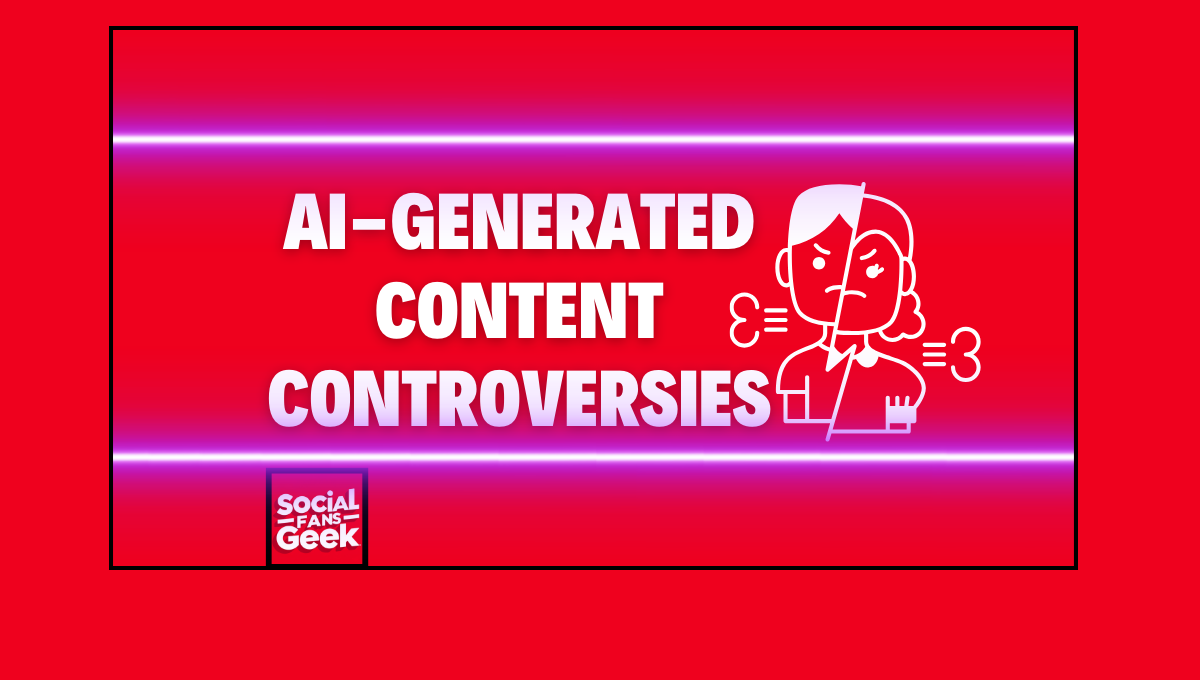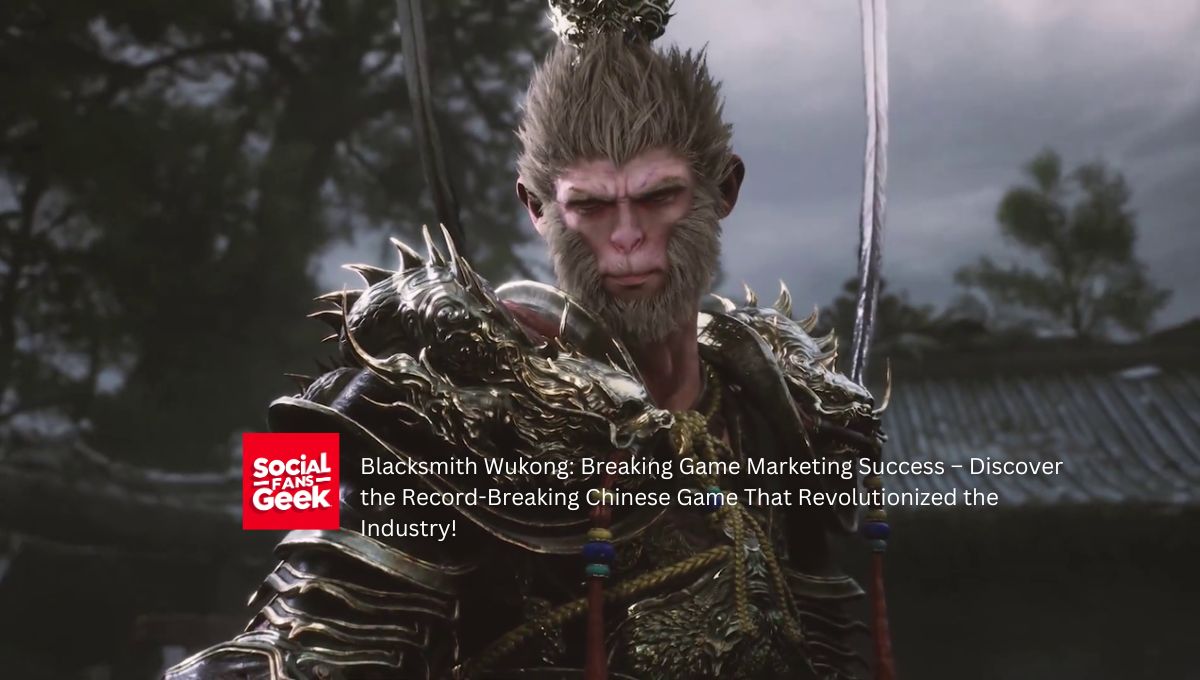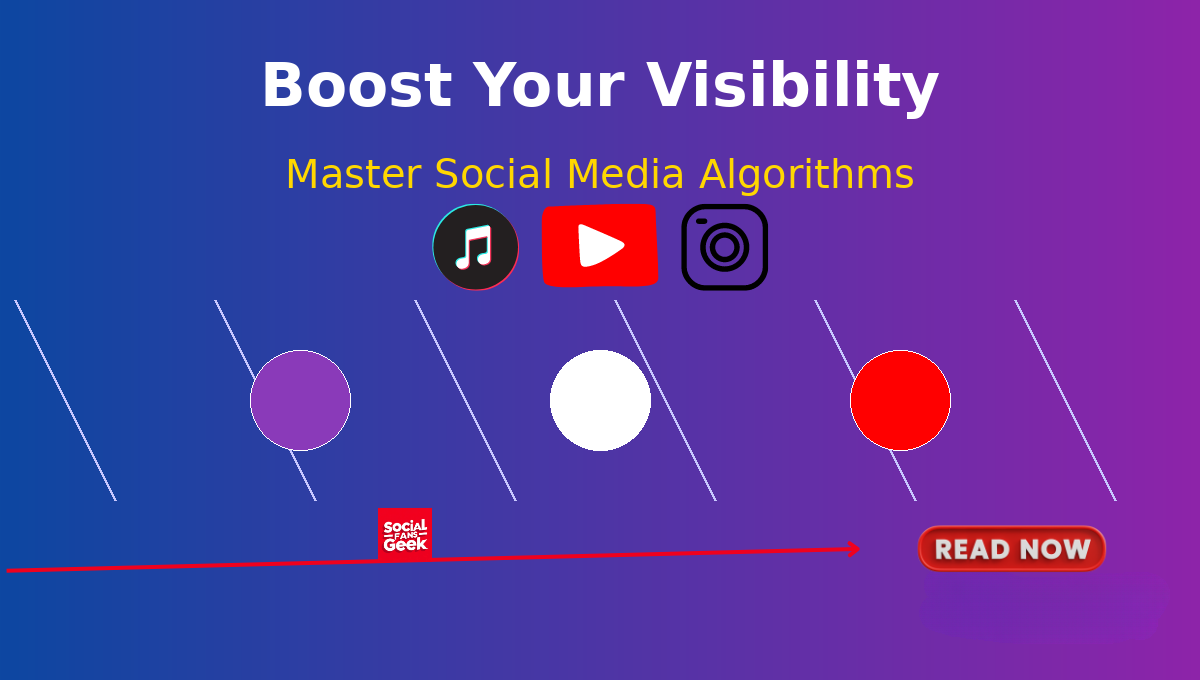AI-Generated Content Controversies | Social Media Trends 2024

The world of social media continues to evolve at an unprecedented pace, and this week, a heated debate surrounding AI-generated content has taken center stage. As more brands, influencers, and platforms embrace AI tools for automating their content, concerns are rapidly surfacing about the implications of this trend. At SocialFansGeek, we’ve been closely monitoring the conversation and exploring how these controversies are reshaping the digital landscape.
The Rise of AI-Generated Content
AI-generated content has exploded in popularity over the past few years. Tools like ChatGPT, Social Ji, and others are enabling businesses and creators to generate everything from blog posts and social media captions to images and even videos with minimal effort. These technologies have been hailed as revolutionary, offering efficiency and cost-cutting benefits, particularly for businesses looking to scale their digital presence without hiring massive content teams.
However, the rapid adoption of AI-generated content has sparked significant backlash, leading to ongoing debates on social media platforms. Let’s take a closer look at the controversies making waves this week.
Threat to Creativity
One of the most talked-about concerns surrounding AI-generated content is the potential threat it poses to human creativity. Critics argue that while AI tools can generate content quickly, they lack the emotional depth, nuance, and originality that human creators bring to the table. For many, content creation isn’t just about efficiency—it’s about storytelling, connecting with audiences, and conveying brand authenticity.
This week, hashtags like #AIvsCreativity and #SaveHumanArt have trended across Twitter and Instagram, with artists, writers, and designers voicing concerns about their future in an AI-dominated world. Social media is awash with debates about whether AI can ever truly replicate the essence of human creativity or if it merely churns out superficial content.
Ethical Concerns and Copyright Issues
Another significant point of contention is the ethics of AI-generated content, particularly when it comes to copyright and ownership. Many artists and content creators are accusing AI tools of plagiarism, claiming that these systems are trained on vast amounts of copyrighted material without permission. This week, several high-profile lawsuits have emerged, with creators alleging that their work was used to train AI models without proper compensation or credit.
The conversation has spilled over into platforms like LinkedIn, where professionals in the creative industries are debating the future of intellectual property laws in the age of AI. How can artists protect their work? Should AI-generated content be considered original, or is it merely a derivative of the data it was trained on? These questions are still unresolved but are likely to have far-reaching implications for the future of content creation.
Job Displacement Fears
AI’s ability to automate content creation has also fueled widespread concerns about job displacement. This week, trending topics on TikTok and Reddit have centered around the potential for AI to replace human writers, designers, and marketers, leaving thousands of professionals in the gig economy and creative industries uncertain about their future.
As companies begin to realize the cost-saving benefits of AI, there’s a growing fear that human talent will be deemed expendable. This narrative has sparked protests from freelancers and creative professionals, who are calling for stronger regulations and protections against the widespread use of AI-generated content in business.
Impact on Content Quality and Engagement
While AI can produce content at scale, there’s a growing concern about the quality and authenticity of the material it generates. Audiences are becoming increasingly savvy, and many are able to distinguish between content created by humans versus AI. This has led to fears that an over-reliance on AI could lead to a decline in user engagement, as audiences crave genuine connections and personalized storytelling that AI struggles to deliver.
On social media platforms like Instagram, where influencers thrive on building authentic relationships with their followers, the pushback against AI-generated content is particularly strong. Many users are voicing their dissatisfaction with the "robotic" feel of AI-driven posts, and some influencers have even publicly pledged to steer clear of AI tools to maintain the integrity of their personal brands.
Regulatory Concerns
Finally, the lack of regulation around AI-generated content has been a hot topic this week. Governments around the world are beginning to take notice of the rapid rise of AI in content creation, but clear regulations have yet to be established. Social media platforms are also grappling with the ethical implications of AI and are beginning to implement policies to address the use of AI tools for creating content, particularly in advertising and influencer marketing.
This week, Facebook and Instagram announced plans to label AI-generated content, signaling a potential shift in how platforms approach transparency and authenticity in social media marketing. The question remains: How will AI-generated content be regulated to protect both creators and consumers?
The Future of AI-Generated Content
As we wrap up this week in social media trends, it’s clear that AI-generated content is both a blessing and a curse. While the technology offers incredible potential for efficiency and scalability, it also raises fundamental questions about creativity, ethics, and the future of work.
For brands, influencers, and marketers, the challenge moving forward will be to find the right balance between AI efficiency and human authenticity. AI can certainly augment content creation, but it’s essential to recognize that the power of storytelling lies in human connection—something that even the most sophisticated AI tool may never fully replicate.
At SocialFansGeek, we’ll continue to keep an eye on how this trend develops and what it means for the future of digital marketing and content creation. Stay tuned for next week’s social media trends as we dive deeper into the latest changes shaping the digital landscape.

